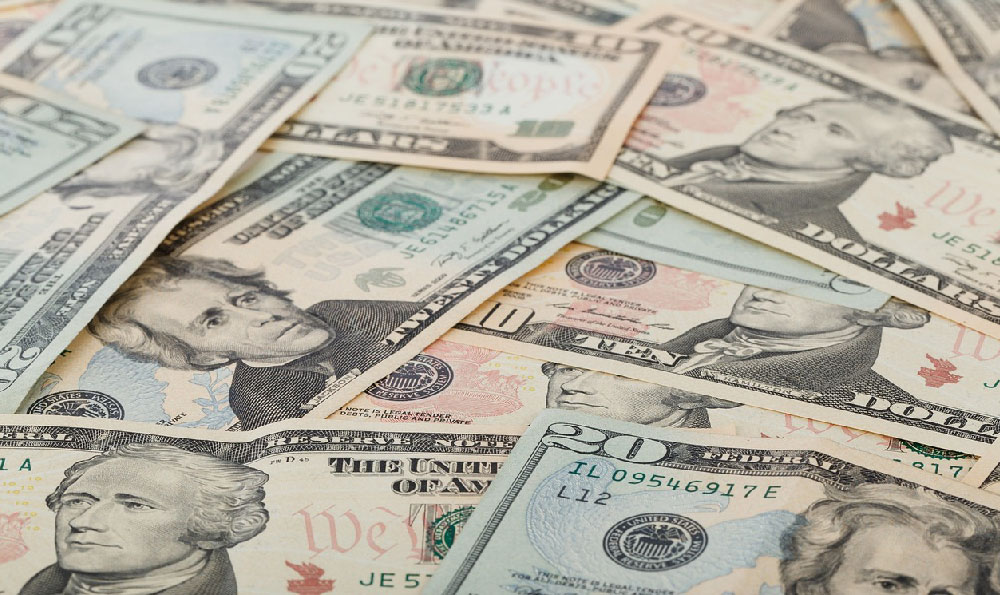
The Godfather, directed by Francis Ford Coppola and released in 1972, remains one of the most iconic films in cinematic history. Its financial success is a testament to the powerful combination of storytelling, direction, and cultural influence that can shape an industry. While the movie is celebrated for its narrative depth and performances, its box office performance provides a compelling case study in the profitability of a cinematic masterpiece. The film's ability to generate substantial revenue, both in its original run and through subsequent decades, highlights the long-term value of a well-crafted production.
One of the core factors contributing to The Godfather's box office triumph was the timing of its release. Set against the backdrop of the 1970s, a period marked by intense interest in organized crime and social realism, the movie resonated with audiences. Its blend of drama, family dynamics, and themes of power made it relatably complex, drawing viewers into a world that felt both authentic and timeless. The film's success was not solely due to its content; the strategic choices in marketing and its association with renowned actor Marlon Brando also played a vital role. Brando's iconic portrayal of Vito Corleone elevated the film's profile, ensuring it received widespread attention from both critics and the general public.
The financial figures of The Godfather underscore its profitability. The production cost was approximately $6.5 million during its original release, a figure that seemed modest at the time. However, the movie's box office revenue exceeded $245 million worldwide, dwarfing its initial investment. This staggering return highlights the potential for a film to generate exponential profits when it resonates with a broad audience. Moreover, the film's earnings were not confined to its initial theatrical run. Its impact extended beyond the screen, as it became a cornerstone of the film industry's approach to revenue generation.

Beyond the surface-level numbers, The Godfather's box office success offers insights into the broader market dynamics of the era. The 1970s saw a shift in how studios approached the marketing of their films, emphasizing long-term profitability over short-term releases. The Godfather exemplified this trend, with its profitable run setting a benchmark for future blockbusters. The film's success also influenced the perception of cinema as a viable investment. Its ability to generate consistent revenue over decades demonstrated the value of creating content that lingers in the public consciousness.
The Godfather's financial legacy is particularly notable in the context of its long-term influence. Even decades after its release, the film continues to generate income through various avenues, including re-releases, streaming platforms, and home entertainment. Its cultural relevance has ensured that it remains a staple in the film industry's revenue pipeline, underlining the importance of crafting stories that transcend time. This ongoing profitability serves as a reminder of the value of investing in quality productions that can yield returns beyond their initial theatrical window.
The film's success also sparked a transformation in the way studios approach the development and marketing of movies. The Godfather's profitability demonstrated that a film could sustain its appeal for years, leading to a reevaluation of how studios allocate resources. The movie's ability to generate income through re-releases and international markets highlighted the potential of global audiences to contribute to the financial success of a film. This shift in strategy has had lasting implications for the film industry, as studios now invest more in the potential for long-term profitability.
From an investment perspective, The Godfather serves as a compelling example of the importance of storytelling and direction. The film's financial success underscores the value of creating content that appeals to a broad demographic while also being culturally significant. Investors in the film industry can draw lessons from the Godfather's profitability, emphasizing the need to prioritize quality over quantity in the development of new projects. The movie's enduring appeal has demonstrated that a well-crafted film can maintain its popularity and generate revenue for years after its initial release.
The Godfather's box office performance also influenced the perception of cinema as a high-risk, high-reward investment. Its financial success provided a benchmark for evaluating the potential profitability of other films, encouraging studios to invest more in ambitious projects. The movie's ability to generate consistent revenue over the decades has shown that investing in a well-written and directed film can yield substantial returns, even in the face of changing consumer preferences. This insight is particularly valuable for investors who are looking for long-term opportunities in the entertainment industry.
Ultimately, The Godfather's box office performance is a prime example of how a film can achieve both critical acclaim and financial success. Its ability to generate over $245 million in revenue, coupled with its long-term cultural influence, has made it a benchmark for evaluating the profitability of cinematic projects. The movie's sustained success has demonstrated that investing in quality content can yield dividends that extend far beyond the initial theatrical run, offering a lasting return on investment. As the film industry continues to navigate the complexities of revenue generation, The Godfather remains a powerful example of the potential for a well-crafted film to shape the future of investing in entertainment.





